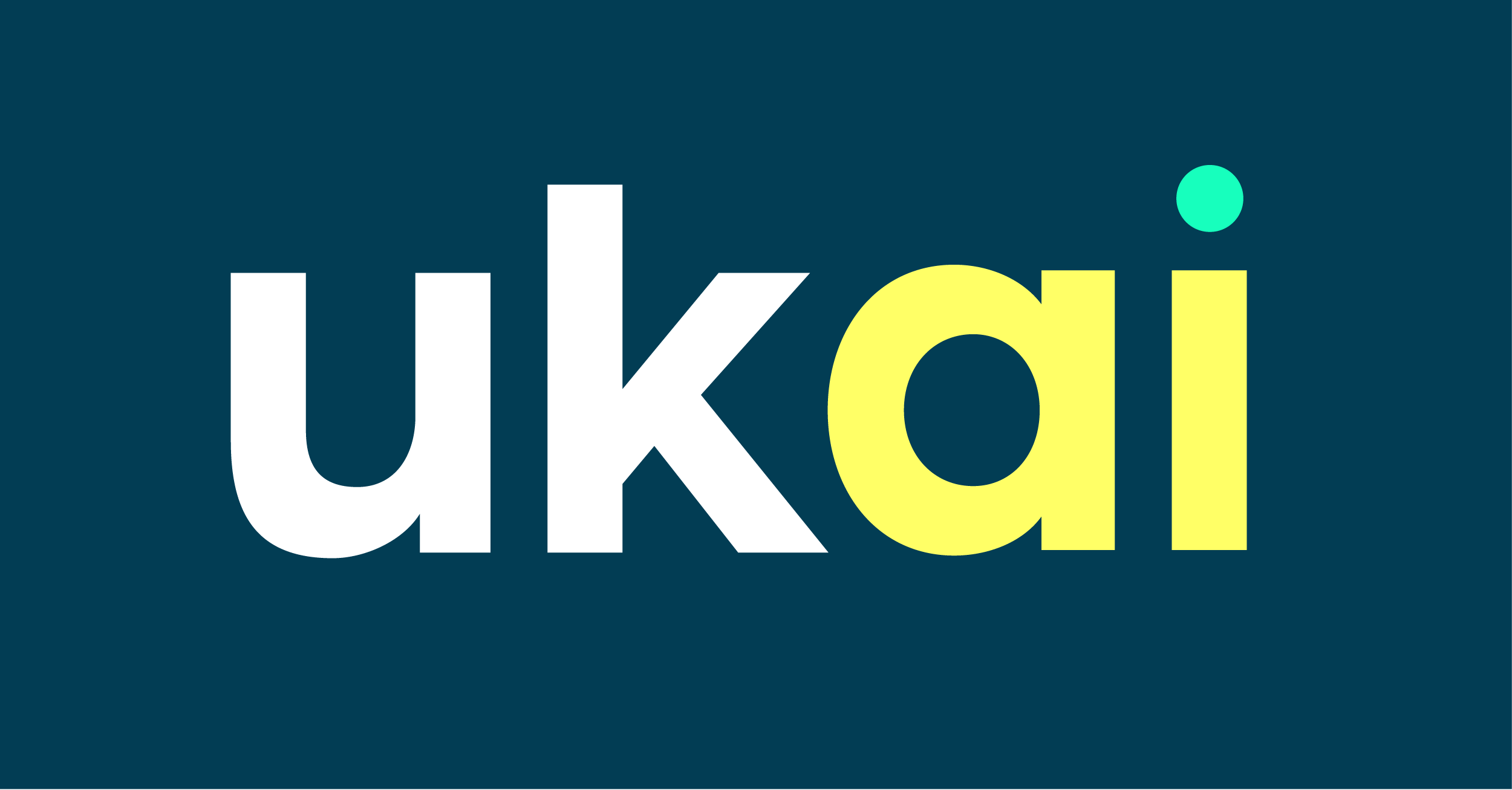Agentic AI Set to Transform Hospital Efficiency and Patient Care
Unlike conventional AI, agentic AI operates independently—analysing data, learning from patterns and adjusting plans in real time without human intervention. This ability is particularly valuable in healthcare, where patient flow, staff availability and equipment use must align seamlessly.
Hospitals using agentic AI report efficiency gains of up to 25% and cost reductions as high as 30%. AI agents manage shift patterns to avoid overstaffing or burnout, predict patient volumes to match demand, and schedule preventive equipment maintenance to reduce downtime. Inventory agents forecast supply needs, avoiding both shortages and waste.
Productivity gains for clinical staff are equally striking. In the US, nurses lose around 35% of their shifts to administrative tasks. AI tools—such as virtual nursing assistants—are helping reclaim that time by handling medication reminders, symptom monitoring and patient queries. These improvements boost overall productivity by up to 30% and have been linked to a 15–20% rise in patient satisfaction.
AI also supports clinicians through advanced decision systems drawing on electronic health records, diagnostic tests and wearable monitors. These systems predict risks such as infections, suggest tailored care plans and accelerate diagnosis. In some hospitals, AI-assisted imaging has improved diagnostic accuracy by up to 20% and cut treatment delays.
The broader AI ecosystem—spanning machine learning, natural language processing, cloud platforms and the Internet of Things—enables seamless automation across departments. From appointment bookings to claims processing, agentic AI and robotic process automation are reducing administrative workloads by as much as 40%. Patient waiting times, meanwhile, have dropped by up to 30% in some AI-enabled settings.
Yet challenges remain. Incomplete health records and poor data integration can undermine AI performance, while stringent regulations demand robust privacy protections and transparent decision-making. Ethical issues—such as algorithmic bias and informed consent—must be addressed to ensure fair and safe care.
Infrastructure also matters. Fast cloud connectivity, secure IoT deployment and strong cybersecurity are essential to support AI reliably. Staff training is critical to ensure AI augments, rather than replaces, clinical expertise.
US hospitals offer early examples of success. In rural areas, AI chronic care systems have reduced diabetic readmissions by 40% and cut related costs by over 20%. Other systems forecast patient volumes with 95% accuracy, helping hospitals prepare for demand.
Looking ahead, technologies like federated learning and edge AI will enable secure, privacy-preserving innovation across more devices and settings. These advances promise smoother workflows and more equitable healthcare, especially for underserved communities.
For the UK, the opportunity is clear. By investing in responsible innovation, robust governance and staff readiness, the NHS can lead in AI-enabled care. Agentic AI is not just a tool for efficiency—it’s a catalyst for better, more responsive, and more sustainable healthcare delivery.
Created by Amplify: AI-augmented, human-curated content.






